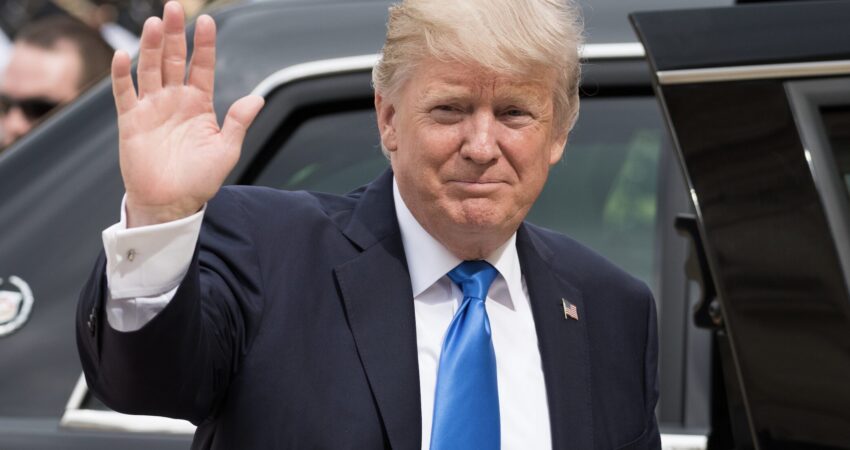Conservative voices are decrying the continued attempts by Democrats and statist factions to sideline Donald Trump from the 2024 presidential ballot, emphasizing that these efforts are only reinforcing Trump’s popularity and backing among the public. This strategic move by Democrats, exemplified by the Colorado Supreme Court’s recent decision to oust Trump from the state’s primary ballot, is viewed as an overreach that underestimates Americans’ aversion to being dictated regarding their choices, a fundamental aspect ingrained in the nation’s ethos.
The Colorado Supreme Court’s ruling, which effectively seeks to preclude Trump from appearing on the state’s primary ballot, has generated outrage and fortification of support among Trump’s base. Despite the ruling’s temporary stay until January 4 and potential further extensions if appealed by Trump, its perceived unconstitutional nature is galvanizing dissent and opposition.
An alternative course of action to circumvent such contentious legal battles has surfaced, notably advocated by the Colorado Republican Party: a shift to a caucus system to determine the party’s nominee. This strategy, supported by the party’s chair, Dave Williams, seeks to bypass the legal entanglements surrounding primary elections, safeguarding the party’s prerogative in selecting its candidates.
The move toward a caucus system gains traction amid escalating legal challenges aimed at impeding Trump’s presence on primary ballots in various states. Recent calls from California’s Lieutenant Governor, Eleni Kounalakis, to explore methods to exclude Trump from the state’s primary ballot, echoing the Colorado ruling, have further stoked concerns about a pattern of partisan maneuvers aimed at obstructing candidate eligibility.
The discretion of state parties to determine their nomination processes remains paramount, with increasing discussions about potential shifts to caucus systems to shield against interference and legal obstructions in the wake of the Colorado ruling. While such adjustments may introduce complexities, particularly in states like California with open primaries, the perceived necessity to preserve the integrity of the nomination process against perceived political manipulation remains a compelling rationale for considering alternative methods.
Amid these developments, the Republican National Committee (RNC) could entertain emergency measures to facilitate the transition from primary elections to caucus systems, serving as a countermeasure against perceived attacks on the democratic nomination process. The resilience against external interference and the protection of the party’s autonomy in candidate selection appear to be overriding priorities prompting discussions of these strategic shifts within the GOP.





